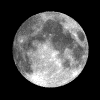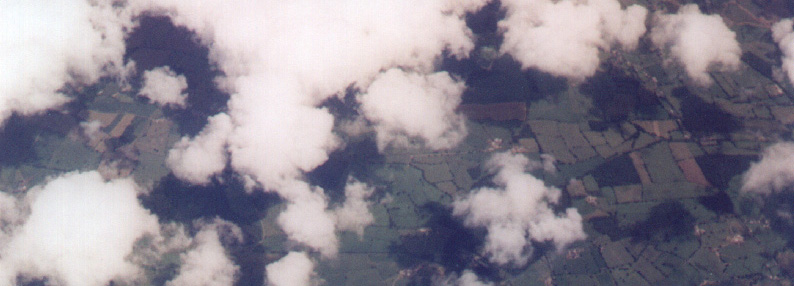
Access to site
"Given the regenerative capacity and arable limits of the earth, what should people know and how should they learn it?"
- How energy land and water mix
- evicence for abrupt, accelerating, persistant, pernicious global warming
- solutions and causes of the situation
- prejudices that provoke denial & dismissal
- name it to blame it
- coping
- deeply divided we fall
- caught in a vice
- dialectical dance of dunces
- why we don't see geothermally
The necessity of seeing past the tragedy of the commons:
Refried solutions:
- enforce strict controls
- carbon taxes
- participating in the solutions
Are ample energy supplies equitably distributed as needed the rquisite ingredient in the remedy for a common's problem?
Bridging the gap between ecological literacy and widespread cultural norms, social traps, or commercially mediated information that forms the gulf of indifference.
"Economic development has been a largely crisis driven process that occurs when a society outgrows it resource base."
David Orr
Current situation | contributing factors | tools | goals | television | statistics | literacy
"An ecosystem is any group of plants, animals, and non-living things interacting within their external environment."
"Ecosystems may seem to be independent units that interact very little with their external environment. . . . In fact, the earth itself is an ecosystem commonly referred to as the ecosphere or biosphere."
cultural norms | social traps | commercially mediated information
cultural norms,–inherited ways to live & cope
In any serious philosophical analysis of Orr’s theory, people must overcome the perspective of crisis.
"By extending Orr’s ecological literacy with biophilia and ecojustice and by recognizing the importance of experience-in-learning, science education is envisioned to incorporate values and morals within a longer term ideology of educational reform."
Cultural Studies of Science Education
Volume 6, Number 1, 193-221, DOI: 10.1007/s11422-010-9274-6
A philosophical analysis of David Orr’s theory of ecological literacy: biophilia, ecojustice and moral education in school learning communitiesDebra B. Mitchell and Michael P. Mueller
From the issue entitled "GLOBALIZATION AND SCIENCE EDUCATION: GLOBAL AND LOCAL ISSUES"
Yet other critics argue that crisis refers to a turning point–and like ecological tipping points–the term is appropriate.
cultural norms | social traps | commercially mediated information
social traps are "organizing for failure"
- technological fix • sewers, tall stacks on coal plants, & pesticides
- market solutions • price water for what it costs to keep clean
- privatize • sell the state & national parks, prisons, armies
- runaway intent • highways funded by use taxes
- education • fragmented, ethically wanting, and brainwashing
"My point is simply that education is no guarantee of decency, prudence, or wisdom. More of the same kind of education will only compound our problems. This is not an argument for ignorance, but rather a statement that the worth of education must now be measured against the standards of decency and human survival - the issues now looming so large before us in the decade of the 1990s and beyond. It is not education that will save us, but education of a certain kind."
David Orr
cultural norms | social traps | commercially mediated information
commercially mediated information "selling what we need to understand."
- violence has no consequences
- food is avaialble and uncomplicated
- cosmetics work
- soap cleans
- drugs heal
- TV entertains
- clean coal
- ecological cars
- zero emission homes
- alternative energy systems
- fighting cancer
- combat global warming
- sustainable production
- nature is recreational
Technology and human endeavors
Can we invent our way out of the mess?
Wood was replaced by charcoal in 1700s and whale oil was replaced by petroleum 1880s.
"most students graduate without any broad integrated sense of the unity of things."
David Orr.
"Teaching kids to take care of the Earth,"
What if the world is four dimensions and all we do is focus on three dimensions?
 |
Four dimensional square | 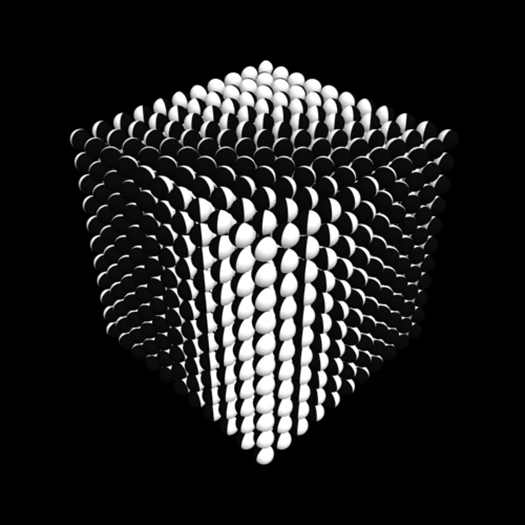 |
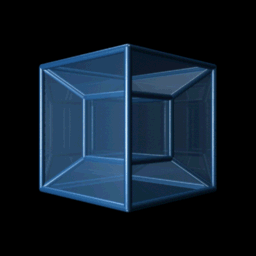 |
||
A discussion of the challenges of commercial television as a learning media:
"…if your child is typical, TV is playing a very big role in their life. Here are some key research findings to keep in mind. . . "
California State University at Northridge
"Number of 30-second TV commercials seen in a year by an average child: 20,000.
Number of TV commercials seen by the average person by age 65: 2 million."
Compiled by TV-Free America
1322 18th Street, NW
Washington, DC 20036
"TV-Free America was a national nonprofit organization that was founded in 1994 to raise awareness about the harmful effects of excessive television-watching and encourage Americans to reduce the amount of television that they watch--and replace TV time with activities that lead to more literate, productive lives and engaged citizenship."
Orr, Ecological Literacy; a research agenda
"By capturing only a fragment of reality, unrelieved abstraction inevitably distorts perception."
p. 127.
"Humans as forces in nature."
p. 163.
"The problem lies in their underlying values and assumptions
"the paradigm of 'human exceptionalism' which states that humans are above nature."
p. 166.
The Bureau of Labor Statistics sponsors a survey of how Americans spend ther time:
http://www.bls.gov/news.release/atus.nr0.htm
Examine how organizations promote ecological literacy in these subjects:
The level of carbon dioxide saturation
Landscape changes due to population
Ties to this page:
Start | The current situation | cultural norms | social traps | commercially mediated information | goal
Links to the class site:
David Orr Chapter IX | Ecological Literacy Chapter I | Why is ecoliteracy needed

